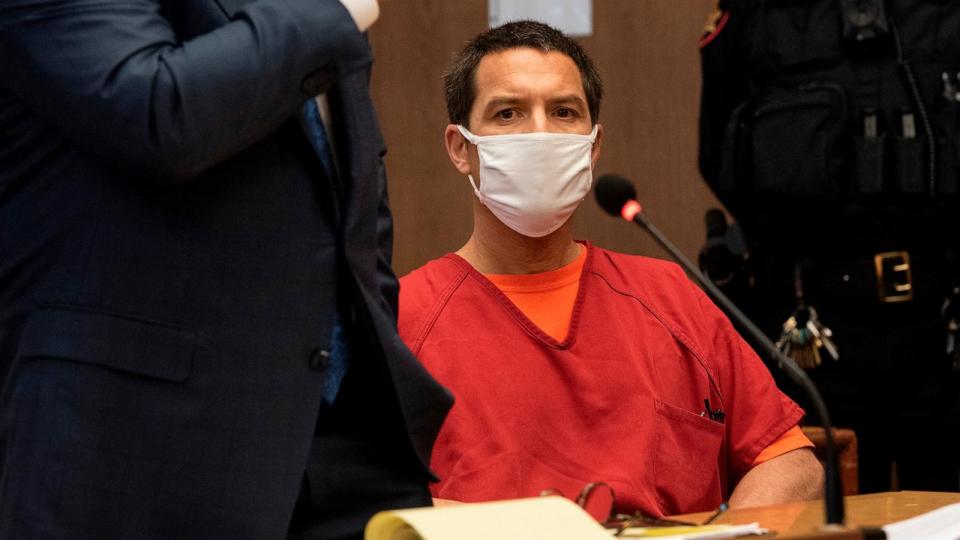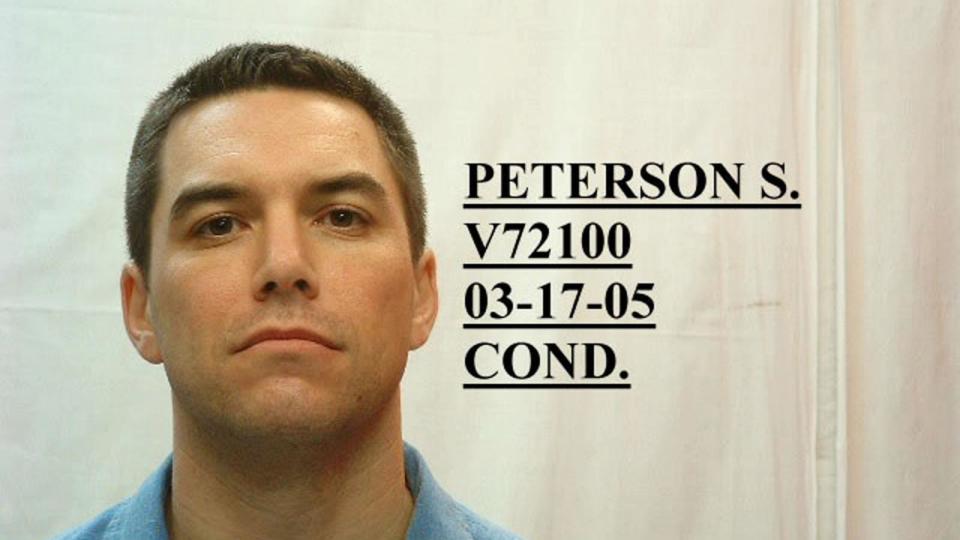Scott Peterson case spotlights exoneration efforts in the US
The case of convicted wife killer Scott Peterson has sparked new attention on exonerations in the United States following the announcement that the LA Innocence Project has taken up the notorious case.
What is the LA Innocence Project?
LA Innocence Project provides pro bono investigative services and legal representation to Central and Southern California residents who were convicted of crimes they say they did not commit, according to its website.
The group, which has a mission to exonerate the wrongfully convicted and uncover injustices in the criminal legal system, is seeking new evidence from Peterson's original trial concerning the death of his wife, Laci Peterson, and unborn son. He was convicted in 2004 and sentenced to death in 2005. He was later sentenced to life in prison without parole.
How many exonerations have there been in the U.S.?
The National Registry of Exonerations has recorded 3,458 exonerations since 1989, totaling more than 31,070 years wrongfully lost behind bars by those convicted.

Nearly 200 people have been exonerated from death row, according to the national Innocence Project.
According to the registry, an exoneration is when a person is convicted of a crime, but "post-conviction re-examination of the evidence in the case" results in the person being relieved of all consequences of the conviction.
MORE: Man serving 400-year prison sentence exonerated after new probe finds wrongful conviction
According to the national criminal justice group the Innocence Project, factors that contribute to wrongful convictions include: eyewitness misidentification, misapplication of forensic science, false confessions, inadequate defense, coerced pleas, official misconduct, and more.
To be exonerated, a person can be officially declared factually innocent by a government agency, receive a pardon based on innocence, be acquitted at a retrial, or have their charges dismissed, according to the registry, which is a collaboration between the University of California, Irvine, the University of Michigan Law School and Michigan State University College of Law.

The California Supreme Court overturned Peterson's death sentence in 2020, citing that his jury was improperly screened for bias against the death penalty, according to court documents, after which he was resentenced to life in prison and taken off death row.
Attorneys with the LA Innocence Project claimed that Peterson's state and federal constitutional rights were violated, including a "claim of actual innocence that is supported by newly discovered evidence," according to the court filings.
"New evidence now supports Mr. Peterson's longstanding claim of innocence and raises many questions into who abducted and killed Laci and Conner Peterson," the filings state.
ABC News' Alex Stone and Dan Noyes contributed to this report.
Scott Peterson case spotlights exoneration efforts in the US originally appeared on abcnews.go.com


